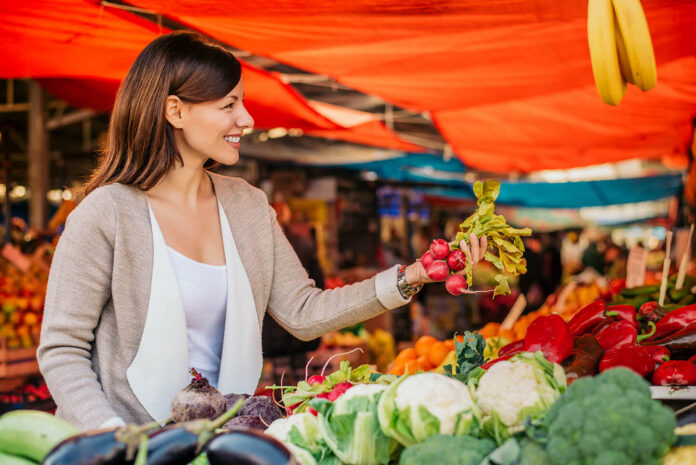Everyone needs to eat, and we can get food in a lot of ways. People have choices, including grocery stores, restaurants, fast food establishments, and convenience shops. You may not think much about where the food you eat comes from, but some grocery store items come from hundreds and thousands of miles away. Products can sit on shelves for a long time, losing their characteristic nutritious value and flavor.
There’s another option: purchasing food from local farms. Doing so has many personal and societal benefits that can reap benefits for your investment. Here are four reasons to buy your food locally.
1. It Tastes Better
Food is way fresher when you buy from local farms because there is less time from farm to table. Local produce is in seasons and picked when it’s ripe, unlike food from thousands of miles away.
The flavor is always more when a local farmer harvests fruits and vegetables at the peak of ripeness, rather than produce that ripens over several days or weeks. You’ll be buying flavorful and delicious items, offering the most nutritious value. The food will also be free from the coatings that protect foods and look good in grocery stores, such as wax applied on apples. It’s best to avoid these unhealthy extras if one can.
2. It’s More Nutritious
Food picked after it ripens on the plant is also more nutrient-dense and maintains its nutritional value much better than if transported. That’s because it never sits for a long time. Grocery store offerings will not be nearly as fresh as the food that you purchase.
Farmers must pick store-bought produce some time before it ripens, decreasing its nutritional value. More nutrients in food bear significant advantages for your body.
3. It’s Safer
Before food travels thousands of miles to your table, producers add chemicals to preserve it and gasses that preserve it. This practice is generally not harmful in small amounts, but some people are allergic to some chemicals, and more significant amounts are bad for you.
Local produce will be less exposed to these things. Small farms, even those that aren’t organic, use fewer pesticides than larger farms that produce mass amounts of food. You can also communicate with a producer in your locality and know what they use and the safety measures in place. Local food is also environmentally friendly since pesticides contaminate soil, water, and other vegetation. The carbon footprint increases with transportation which harms the planet, making the environment less healthy for everyone.
4. It Creates Community Engagement
You are engaging with a lot of people when you shop for local food, whether through a farmers market, co-op, or locally supplied grocer.
Buying locally allows you to interact with those directly involved in the growing, transportation, and in process of selling it. This will help you in building connections with community members you may see again in a different context. These interactions strengthen the community to better interact and problem-solve in the future, providing a sense and a feeling of cohesiveness.

















